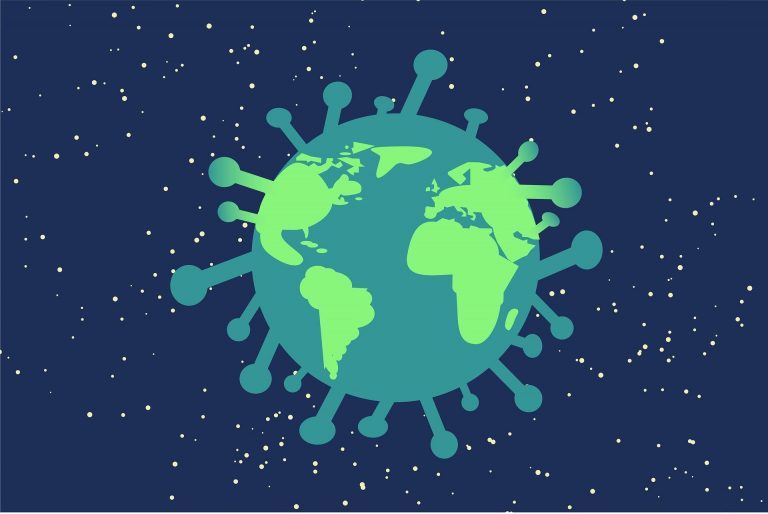 POLICY
POLICY
 POLICY
POLICY
 POLICY
POLICY
Facebook Inc. today launched a COVID-19 symptom map as part of a project with Carnegie Mellon University aimed at giving authorities the ability to forecast coronavirus hospitalization numbers weeks in advance.
Before health officials can start accurately projecting future hospital admissions, they need a clear picture of how many people may already have COVID-19. Facebook is looking to fill in some of the visibility gaps via the symptom map it launched today, as a first step toward eventually enabling accurate forecasting.
The map shows county-by-county estimates of how many people in the U.S. have COVID-19 symptoms and refreshes the figures daily. The data is based on Facebook surveys run by Carnegie Mellon that ask users of the social network to self-report any symptoms they may be showing. According to the university, it’s currently receiving about 1 million replies per week from Facebook users and 600,000 or so additional crowdsourced responses provided by Google LLC, which is participating in the project as well.
“This forecasting problem is so complicated that we believe that a diversity of data and approaches is our best weapon,” said Ryan Tibshirani, a Carnegie Mellon associate professor of statistics and machine learning taking part in the collaboration with Facebook.
The university said the results produced by the project already “correlate well with test-confirmed cases of the disease,” meaning the data is believed to be a fairly reliable indicator of the virus’ spread in surveyed regions. Going forward, the initiative’s backers plan to significantly expand the amount of information they collect.
Facebook will start running symptom surveys globally this week to extend its map beyond the U.S. The Carnegie Mellon researchers, in turn, plan to combine the crowdsourced user reports with anonymized patient admission data from an unnamed “major healthcare provider” and likewise anonymized national COVID-19 test statistics. In total, the researchers hope to add a total of five new data sources over the next few weeks.
“They expect to use these estimates to provide forecasts that will help hospitals, first responders and other health officials anticipate the number of COVID-19 hospitalizations and ICU admits likely to occur in their locales several weeks in advance,” Carnegie Mellon said in a statement.
In a Washington Post op-ed also published this morning, Facebook Chief Executive Officer Mark Zuckerberg provided more details on the project’s goals. Zuckerberg wrote that the hope is that “this survey can help forecast how many cases hospitals will see in the days ahead and provide an early indicator of where the outbreak is growing and where the curve is being successfully flattened.”
Moreover, the social network believes hospitals could use the data to plan how to allocate scarce resources such as personal protective equipment and ventilators. Zuckerberg wrote that Facebook is teaming up with New York University and the Mila research center in Canada to develop artificial intelligence software that can assist with this task.
The project is one of a series of initiatives being pursued by the world’s leading tech companies to aid the fight against the coronavirus. Google LLC and Apple Inc. recently joined forces to develop a decentralized contract tracking system, while an IBM Corp.-backed consortium is making supercomputers available for COVID-19 research.
THANK YOU